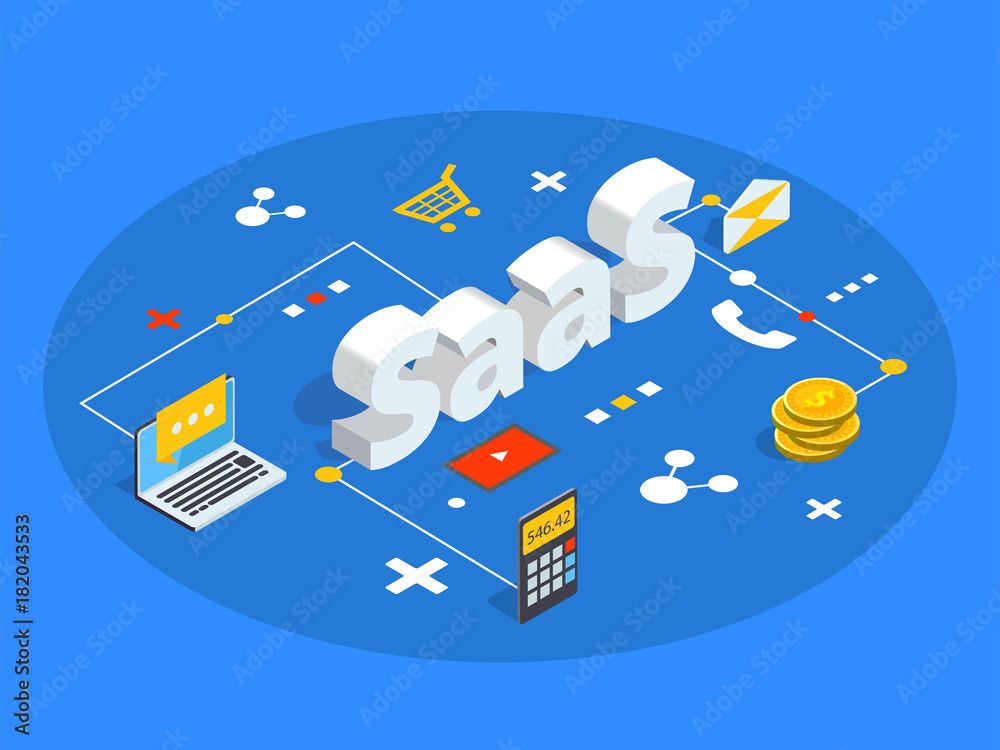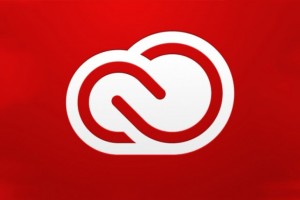Why software as a service will kill accountability


I just downloaded the trial for Adobe Premiere Pro 7.0, which is available only as part of their Creative Cloud system. As explained by Wired, Creative Cloud isn’t really a cloud; it’s a fancy way of repackaging subscription-based software.
A four-year subscription now costs new users about $2,400, while a copy of the Creative Suite 6 Master Collection plus one upgrade at the current price would cost $3,650. Customers who upgrade every two-year product cycle will benefit slightly from the new pricing, while those upgrading less will pay much more. But there’s something more insidious about this shift in pricing schemes.
There’s a hint in CFO Mark S. Garrett’s statement that the model is better for Adobe because it provides a steady stream of income rather than quick bursts when each new product is released. What’s also true is that the company continues to get money month over month, even without upgrading the product.
How does this re-align incentives for software developers? Previously, each new software release represented a company’s primary source of revenue for the next few years, and required massive investments in customer research and innovation. They were rewarded if they could create a release with enough new features and performance/stability improvements that it incentivized people to upgrade.
Now, what will continue to generate revenue? Creating products that lock customers in so they have less ability to leave the platform.
Of course, there is a long-term sort of accountability, because if the software isn’t continually improved another platform will eventually grab many customers. But innovation and accountability will drastically slow down if companies don’t have to convince their customers to upgrade every two years.
